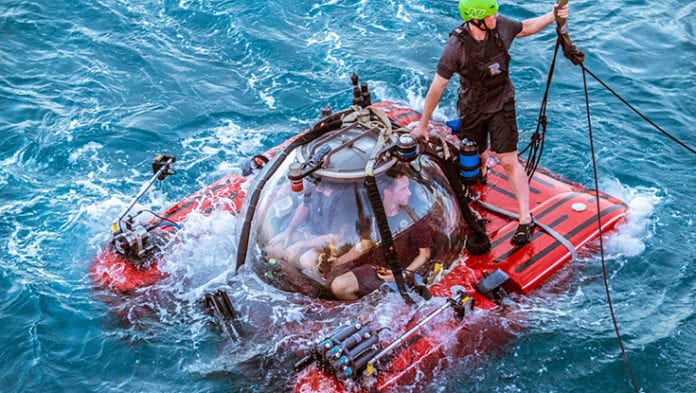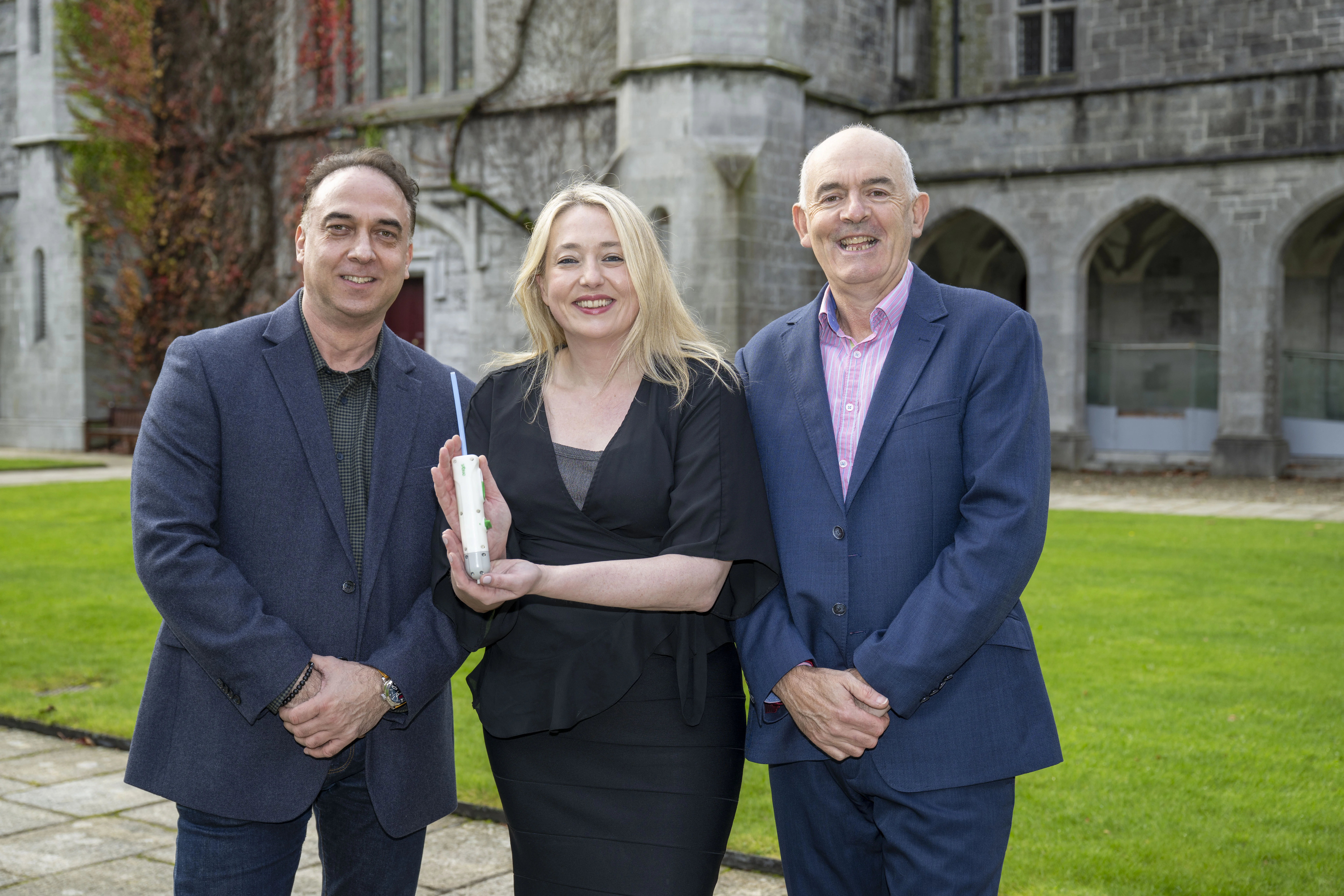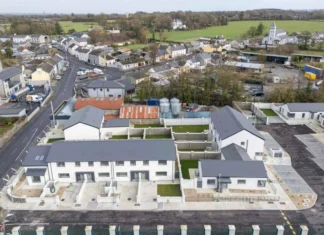There are still blank spots on the maps, and Prof Louise Allcock from NUI Galway is tackling that on an expedition to explore the depths of the Indian Ocean.
The Nekton ‘First Descent’ Mission to explore the deepest parts of the Indian Ocean began last week and will continue until April 17.
Professor Allcock is second in command of this expedition of 33 scientists surveying underwater life around the Seychelles.
Researchers will be making dives themselves to look at plants and animals that live at depths of up to 30m (98ft).
For deeper trips below the surface they will be making use of two crewed submarines and a remote operated submersible to study life and habitats at depths of up to 500m, while sensors will offer a glimpse into life at 2000m.
Prof Allcock is Head of Zoology at the Ryan Institute in NUI Galway; she said taking part in this expedition is an incredible opportunity.
“It’s very exciting to be deploying so many different pieces of equipment and doing such a thorough survey of the ocean.”
At least 50 ‘first descents’ are planned on this expedition where Nekton will be working on behalf of the Seychelles Government and partners.
Nexton an independent, non-profit research institute that works with the University of Oxford to increase scientific understanding of the oceans.
For this expedition to the Seychelles it has chartered the Ocean Zephyr, a Danish-flagged supply ship.
The Seychelles is a collection of islands roughly 1,500km off the east coast of Africa.
At least fifty descents are planned on this expedition alone, and over the next four years Nexton is planning similar missions in six different regions of the Indian Ocean.
The data they gather will provide important data which the Seychelles government will use to help implement its Marine Spatial Plan on ocean conservation, climate change, and fishing.
The Seychelles has set itself an ambitious target of protecting 30% of its marine territory by 2020, an area roughly twice the size of the UK.












